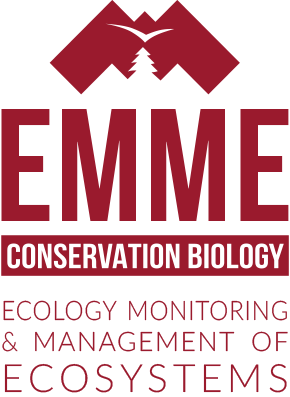Description:
This course has 3 main learning themes:
- Metrology: Problems related to measurement and comparison of data.
- Numerical ecology: Statistical and numerical analysis of ecological and environmental data; Clustering and ordination methods.
- Cartography and GIS: Cartographic approaches and objects; Introduction to Geographic Information Systems (GIS)
Learning Objectives:
Theoretical learning outcomes:
• Knowledge of the constraints related to measurements, the main exploration methods in ecological and environmental data analysis (objectives, principles, field of application, implementation, interpretation of results), and the principles of mapping and management of spatial data.
Technical learning outcomes:
• Assessing the uncertainty of data and the diagnostic value of a statistical test.
• Choosing a multivariate analysis method according to the data and objectives of a study or research question.
• Applying the main clustering and ordination methods with R software and correctly interpreting the results.
• Building a Geographic Information System (QuantumGIS and interface with other GIS) using public databases, satellite images and georeferenced data from fieldwork.
• Writing a short and comprehensive report concerning the collection, quality and analysis of ecological data.
Prerequisites:
Basic knowledge of biostatistics at Bachelor’s level.
Teaching Methods:
Lectures, seminars, practicals
Assessment:
Reports on the practical work (working in pairs), oral and written exams.
Recommended Reading:
- Legendre P & Legendre L, 2012. Numerical ecology. Elsevier.
- Borcard D, Gillet F & Legendre P, 2018. Numerical ecology with R, 2nd Edition. Springer.
Related Media:
- Le stratège, 2011, de Bennett Miller.
- Will Hunting, 1997, de Gus van Sant.
Coordinator:
Julien Azuara, julien.azuara@univ-fcomte.fr





